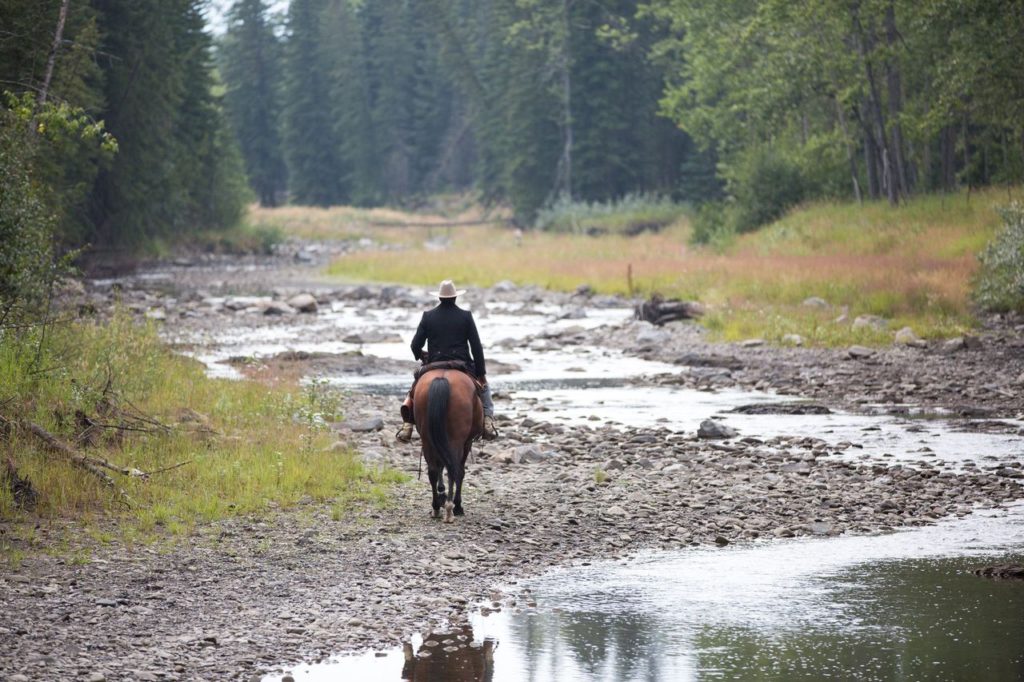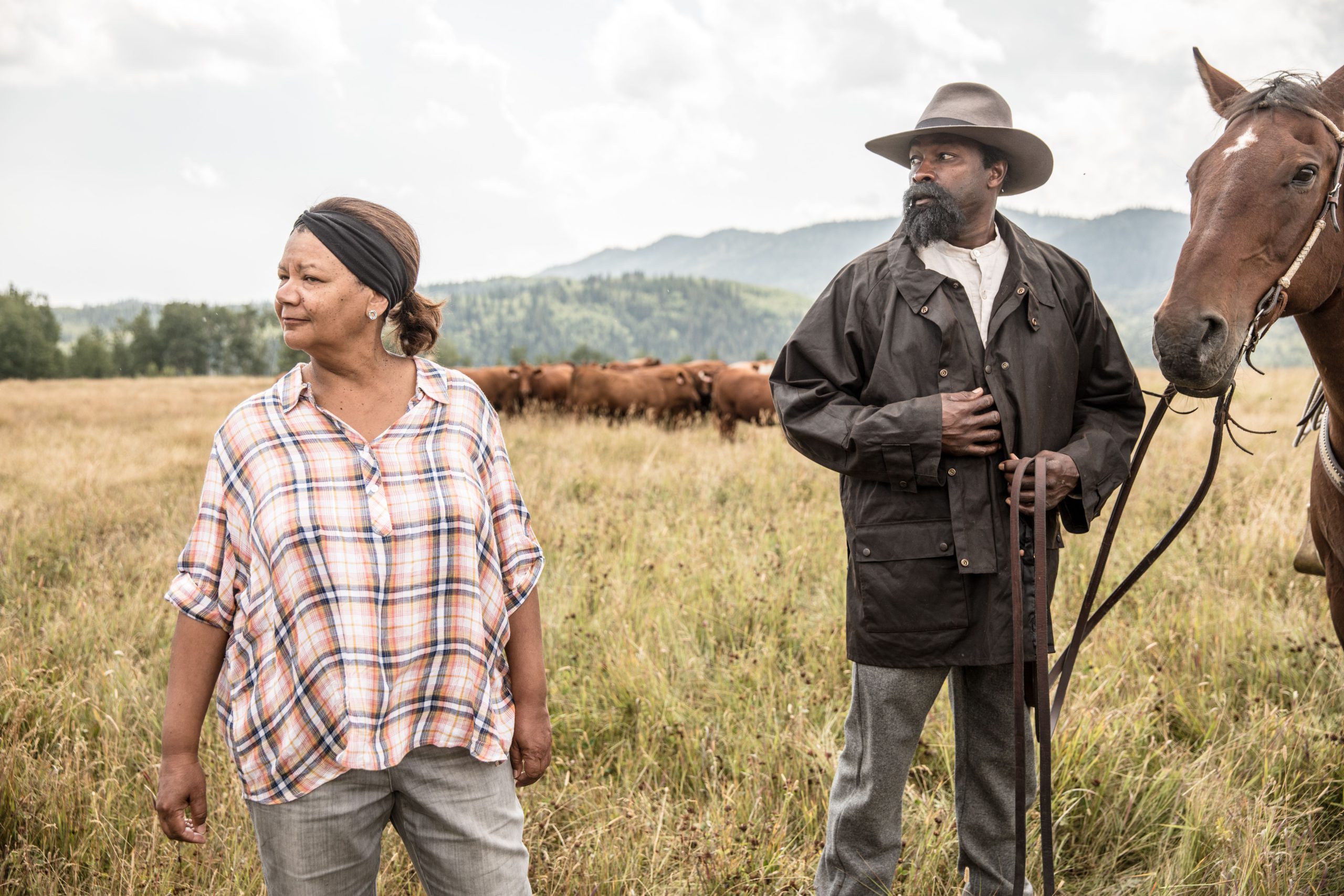Despite having died more than 115 years ago, reclaiming John Ware’s story felt like urgent work to Cheryl Foggo.
The historian and filmmaker’s new film, John Ware Reclaimed, is being shown as part of the Yellowknife International Film Festival, running November 4 to November 8.
John Ware was a Black cowboy. Around the time of the American Civil War, he travelled to Texas and developed his skills as a cowboy. He was renowned for his skill on a horse, and popularized cattle-steering, a sport which became a featured attraction of the Calgary Stampede.
He was one of the first people to drive cattle into southern Alberta. He settled outside Calgary, and was a renowned rancher and acclaimed figure of his era, until his untimely death in a horse-riding accident.
“One of the ways of reclaiming that history is to provide the context that he was, in fact, a part of a black history that in many cases has been erased,” said Foggo. “A lot of people think of him as the lone solitary figure that was black in this part of the world at his time. And that was not true.”

Foggo’s film mixes a historical re-telling of John Ware’s life and journey with the experiences of racism and suppression of Black culture herself and others have experienced in the modern day.
Asserting that was a key part of the making of this film for Foggo. Prior to her film, the most prominent source of information about John Ware’s Life was a book written in 1960 by Grant MacEwan, the former Mayor of Calgary and Lieutenant Governor of Alberta, called John Ware’s Cow Country.
Foggo said there are numerous problems with this book, including its accuracy and racist undertones.
MacEwan’s book focuses heavily on Ware’s life as a slave. The book says Ware was born into slavery on a plantation in South Carolina – something Foggo disputes.
“The portrayal of John Ware through that voice does not ring true, and does not sound like an actual human being,” she said. “It sounds like a stereotypical Hollywood portrayal of how Black people sounded in John Ware’s day.”
The book also perpetuates a national narrative – which Foggo says still exists today – that racism doesn’t exist in Canada, and John Ware was able to succeed because there was no racism.
“John Ware succeeded despite racism, not because of the lack of it,” said Foggo. “We have continued to tell ourselves that false hood, about our history, and it definitely still needs to be addressed. We see it all around in headlines every single day.”
Foggo said people have pointed to her own success, working as an academic and a filmmaker, as evidence racism isn’t a problem in Canada today.
She said something that’s often disregarded is how Black people’s experiences differ, and how one person’s success does not mean everyone has the same opportunities.
Creating that understanding is important, said Foggo. Systemic racism has been highlighted recently with Black Lives Matter protests in several countries. But Foggo said a “national conversation” is not enough to address the problems that exist.
“I think at various points, it has been believed that we’re having a national reckoning,” she said.
“I look to see change, I don’t think conversation is enough,” she added. “I am still waiting to see if this, what everybody is calling a national reckoning is, in fact, an actual reckoning. Or if it’s just another brief conversation.”
“I’ve lived through many of these episodes of so-called reckoning, and I don’t see the change that I would like to see.”
Cheryl Foggo’s film John Ware Reclaimed is playing at the Yellowknife International Film Festival virtually on November 8.




